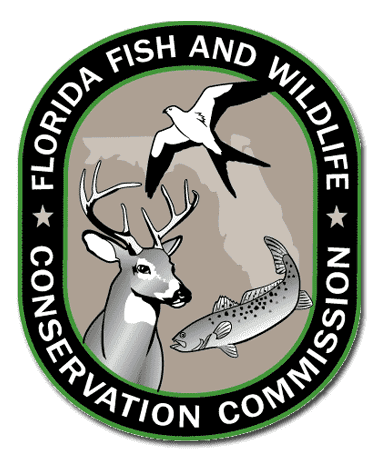Florida’s FWC to Meet Dec. 5-6 in Apalachicola

The Florida Fish and Wildlife Conservation Commission (FWC) will meet Dec. 5 and 6 in Apalachicola to discuss Florida’s saltwater fishery, including possible game fish and sport fish designations and oyster populations in Apalachicola Bay; boating issues; hunting matters, including two new wildlife management areas; alligator harvesting; imperiled species updates and plans; and more.
The Wednesday-Thursday meeting begins at 8:30 a.m. both days in the Franklin County Courthouse, 33 Market Street, and is open to the public. Anyone wishing to address specific issues or items not on the agenda will be allowed to speak according to established guidelines.
After review of consent agenda items on the first day of the meeting, Executive Director Nick Wiley will present the director’s report.
Next on Dec. 5, FWC Commissioners will take up marine fisheries issues, including updates from the Gulf of Mexico Fishery Management Council and the South Atlantic Fishery Management Council meetings, the 2013 Gulf of Mexico gag grouper recreational season, Atlantic black sea bass management changes, game fish and sport fish definitions and staff reports on flounder and oysters in Apalachicola Bay.
In a draft rule hearing, the Commission will discuss possibilities for the 2013 Gulf of Mexico gag grouper recreational season.
In a final public hearing, the Commission will consider changes to black sea bass management in Atlantic state waters. The proposed change would modify state recreational size and bag limits and commercial regulations to be consistent with federal rules.
The Commission also will consider a conservation measure creating game fish and sport fish definitions that could later be applied to some of Florida’s fisheries.
Flounder and oyster issues follow.
Also on Wednesday, staff will report on two boating-related topics.
First, they will review a proposed ordinance regulating the anchoring and mooring of non-live-aboard vessels outside of public mooring fields in Stuart/Martin County. Commission approval is necessary before the community can enforce its ordinance. This is the final ordinance under a five-community anchoring and mooring pilot program in Florida.
The other boating-related issue is a proposed rule amendment to the Okeechobee Waterway Boating Restricted Area.
When Commissioners reconvene on Dec. 6, law enforcement and legal staff will present the FWC’s award for Prosecutor of the Year.
Next, Commissioners will consider expanding hunting and fishing opportunities and public access on nearly 6 million acres of the FWC’s wildlife management area (WMA) system. Most noteworthy is the proposed addition of two new WMAs in its Southwest Region for the 2013-14 hunting season.
The Commission will address proposed amendments that would allow a quota permit holder to take a different guest each day of a quota hunt. Also, hunters would receive reinstatement of their preference points only if they electronically returned their unused quota permit 10 days or more prior to the first day of their quota hunt. Such returned permits would be reissued to other hunters on a weekly basis, instead of once a month.
Staff will update Commissioners on a statewide alligator harvest program and seek guidance for any needed improvements.
Staff from the FWC’s Division of Habitat and Species Conservation will explain how listing and managing threatened and endangered species works in Florida. This presentation will focus on species that are state or federally listed, and on the FWC’s collaboration with the U.S. Fish and Wildlife Service to conserve imperiled species. Staff will also update Commissioners on a modified Imperiled Species Management Plan for 61 state-listed species. The new approach uses a plan that combines multi-species conservation strategies with species-specific action plans, and includes ongoing stakeholder involvement.
Discussions on automatic vessel registration and recreational license changes and an update on the Florida Youth Conservation Centers Network follow.
At the end of the meeting on both days, the public can comment on items not on the agenda.
The complete agenda, with links to background reports, details on consent agenda items and information about the meeting, is available at MyFWC.com/Commission.
Anyone requiring special accommodations to participate in this meeting should notify the FWC at least five calendar days before the meeting by calling 850-488-6411. Contact the agency using the Florida Relay Service at 800-955-8771 (TDD) or 800-955-8770 (voice) if you are hearing- or speech-impaired.
The next regular Commission meeting will be Feb. 13-14, 2013, in Orlando, commencing at 8:30 a.m. each day.

